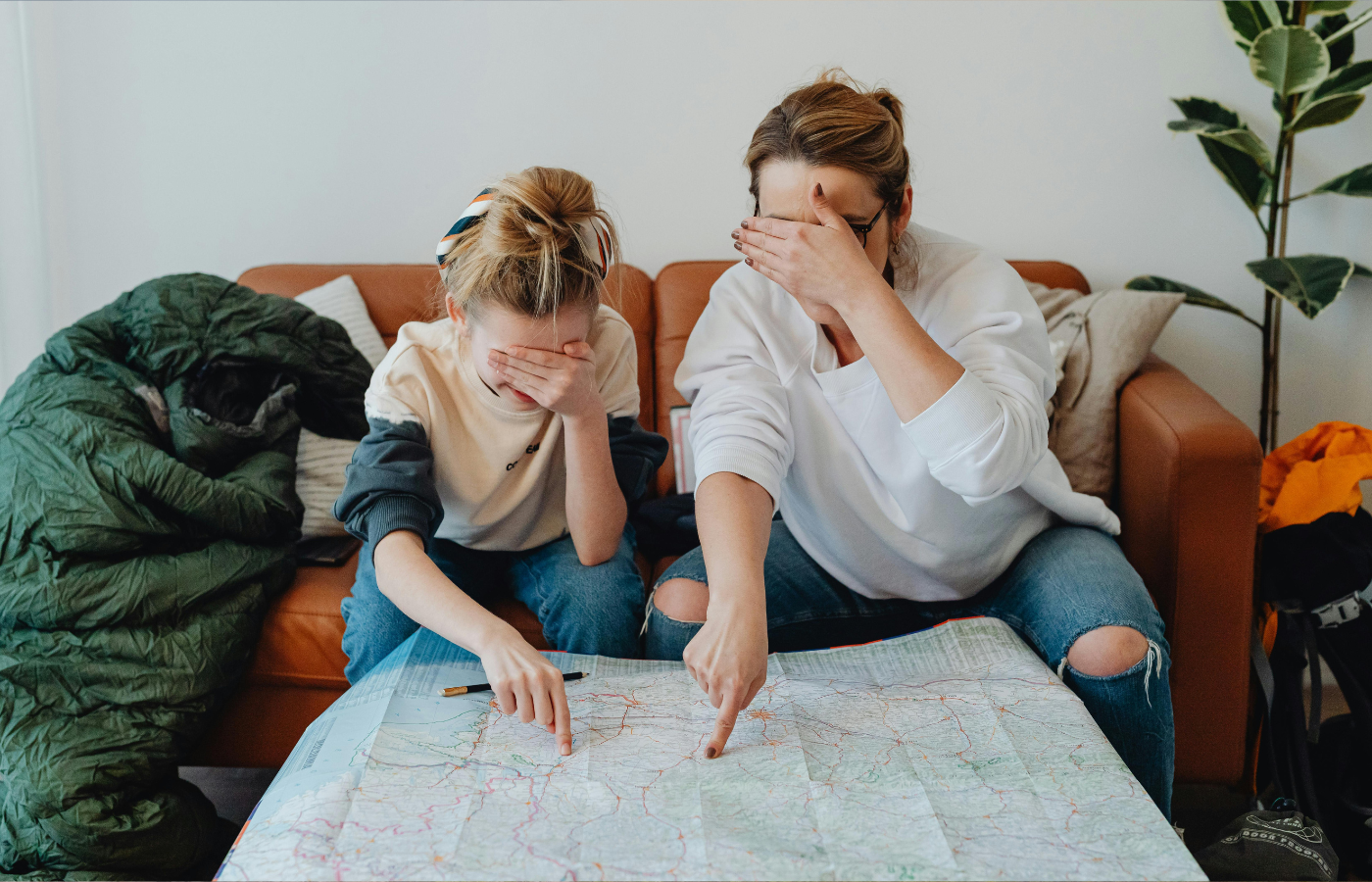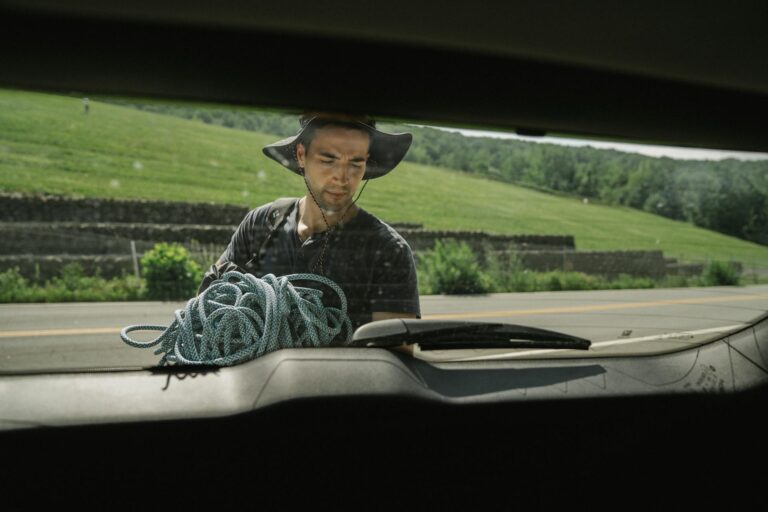Prepping isn’t just stockpiling gear and canned beans. It’s a mindset—and more importantly, a skill set. While most people go about their day assuming things will stay normal, preppers are out there practicing what others overlook.
The difference between being ready and being caught off guard? It’s not luck. It’s preparation. Here are 10 things preppers routinely practice that most people ignore—until it’s too late.
1. Starting a Fire in Bad Conditions
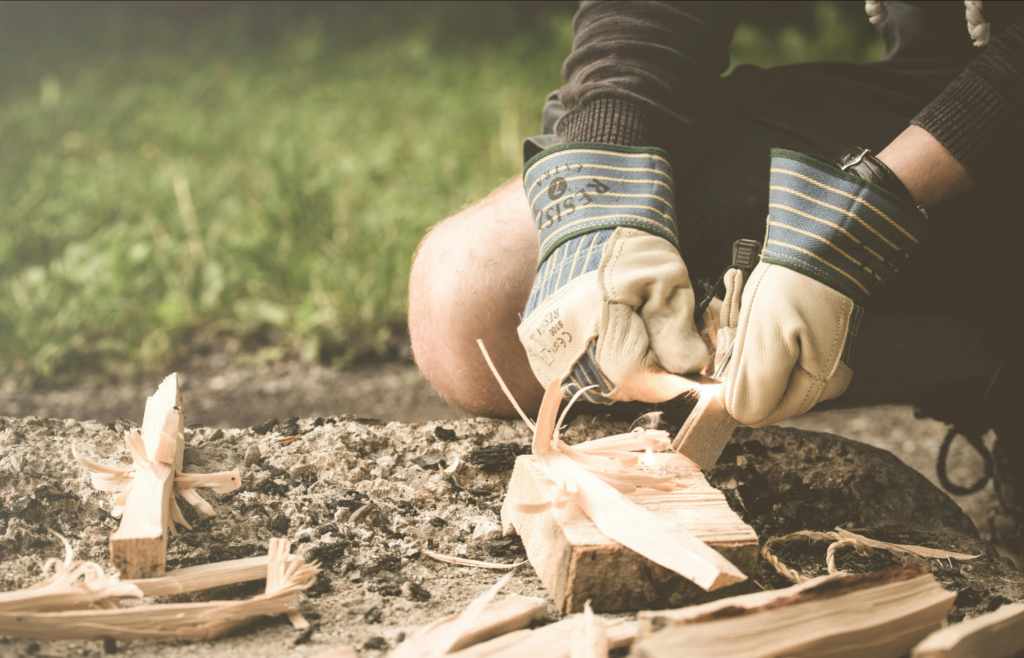
Anyone can make a fire on a sunny day with dry wood. Preppers practice when it’s cold, wet, and windy—because that’s when it really counts.
They test different methods—ferro rods, fire laces, wet fire cubes—and learn how to find dry tinder in the wild, not just the garage.
2. Navigating Without Technology
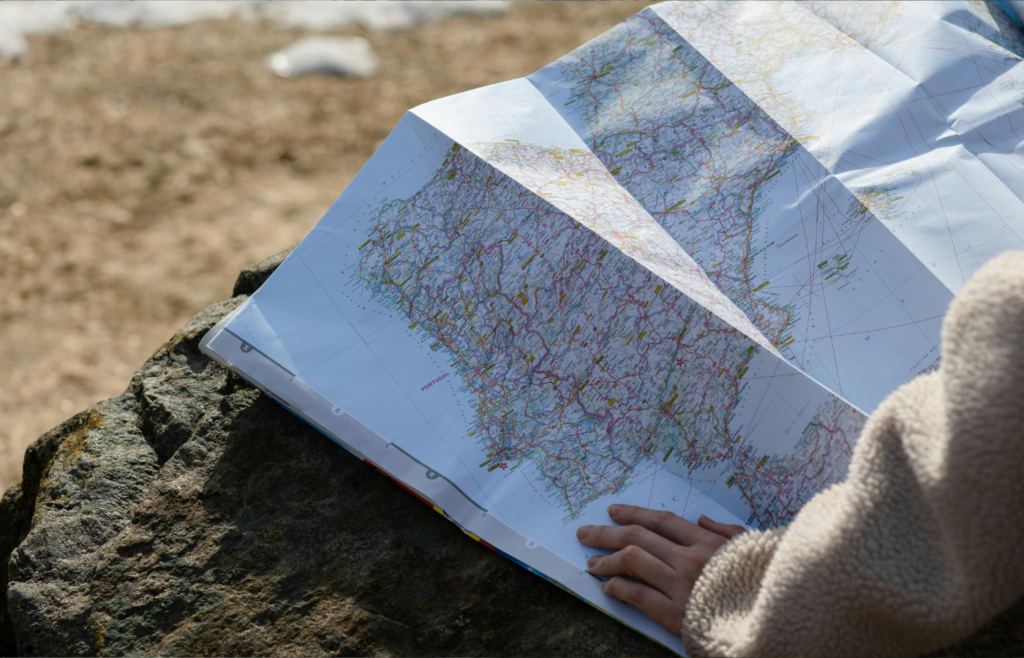
Most people rely on GPS. Preppers? They practice reading topographic maps and using a compass. They even navigate without tools—by sun, stars, or terrain.
They train their sense of direction like a muscle. Because when the signal dies, the ones who can still find north are ahead of the game.
3. Cooking Without Power
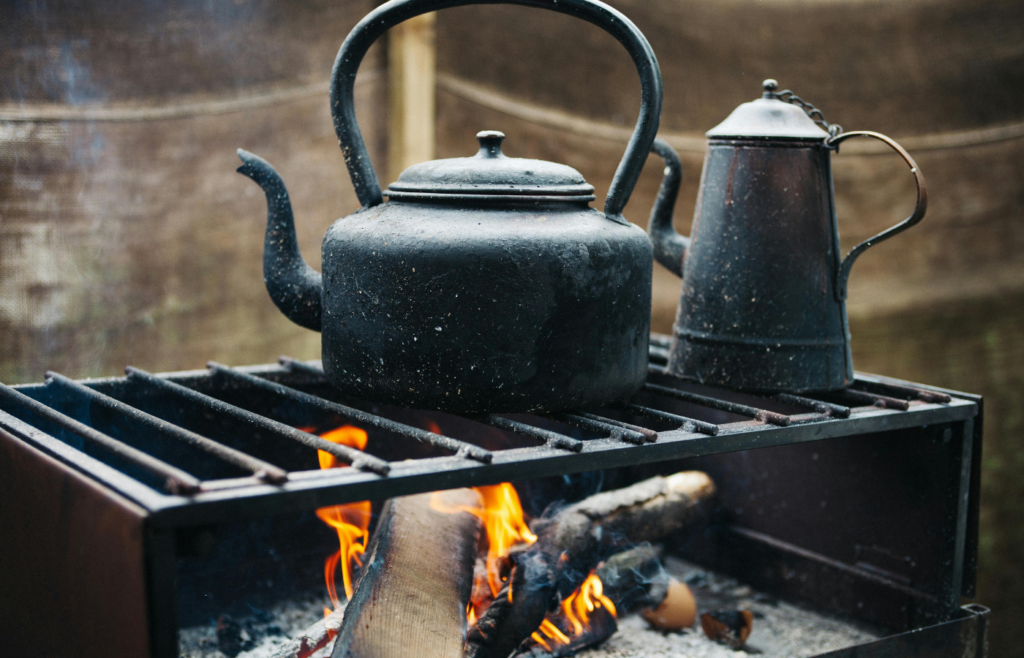
Preppers regularly cook meals using backup gear—camp stoves, rocket stoves, Dutch ovens, and solar ovens.
They don’t just own these tools—they know how to use them. Because the time to figure it out is before the lights go out.
4. Filtering and Purifying Water
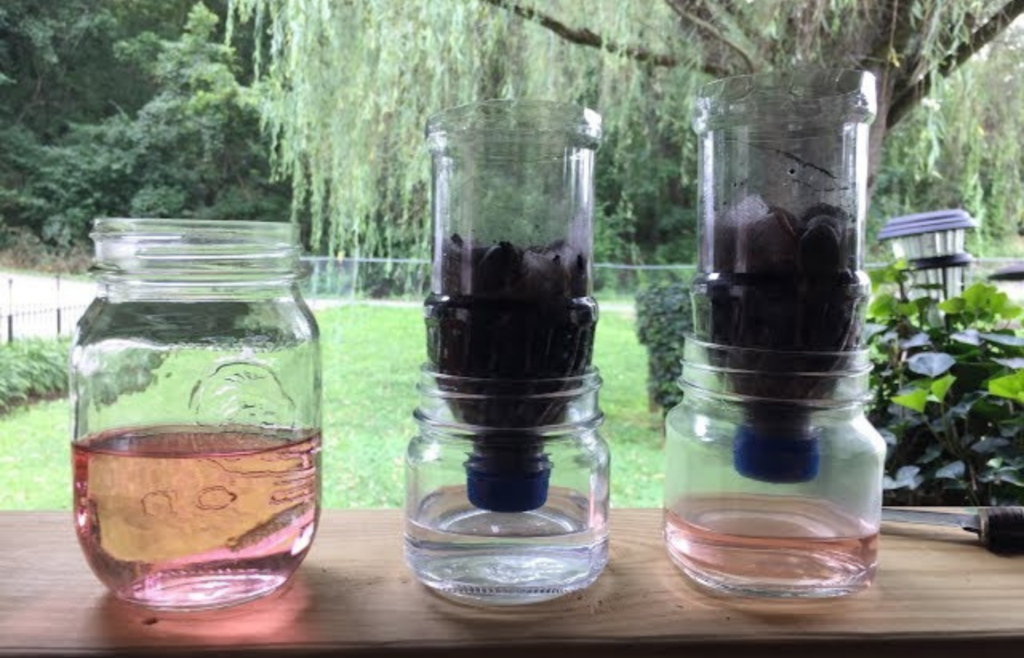
While others hoard bottled water, preppers practice collecting rain, filtering stream water, and using bleach, iodine, or boiling techniques to make it safe.
They’ve tested their gear and know what clean water should look, taste, and smell like—because in a crisis, guessing isn’t an option.
5. Assembling and Rotating Food Supplies
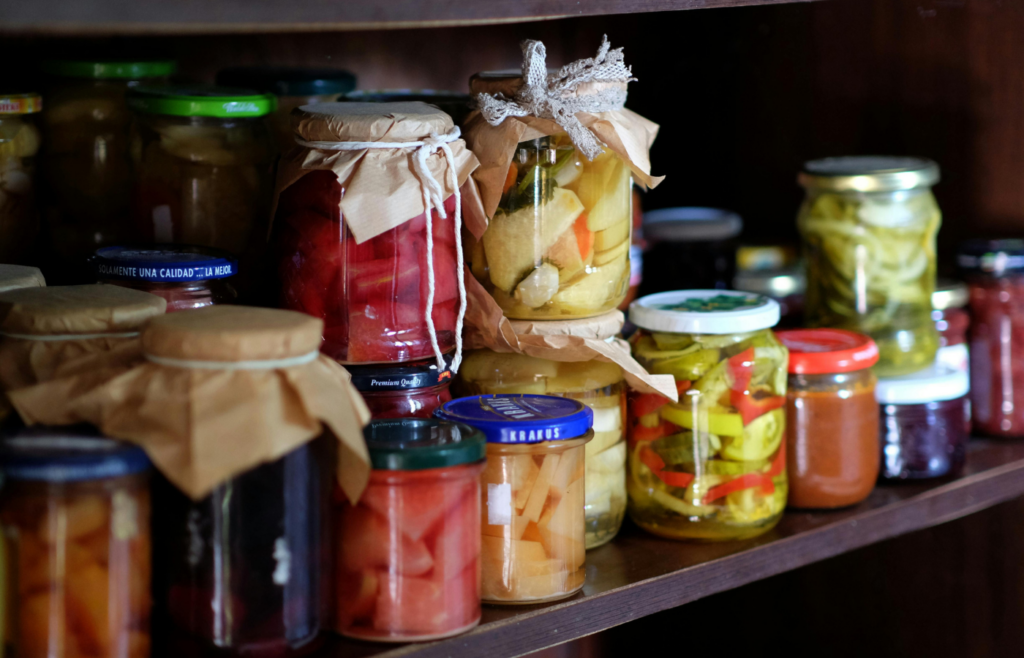
It’s not just about hoarding. Preppers build meal plans, track expiration dates, and rotate supplies. They practice cooking with their preps—so when the time comes, there’s no surprises.
They know which foods last, which keep you full, and which boost morale when times get hard.
6. Practicing Situational Awareness
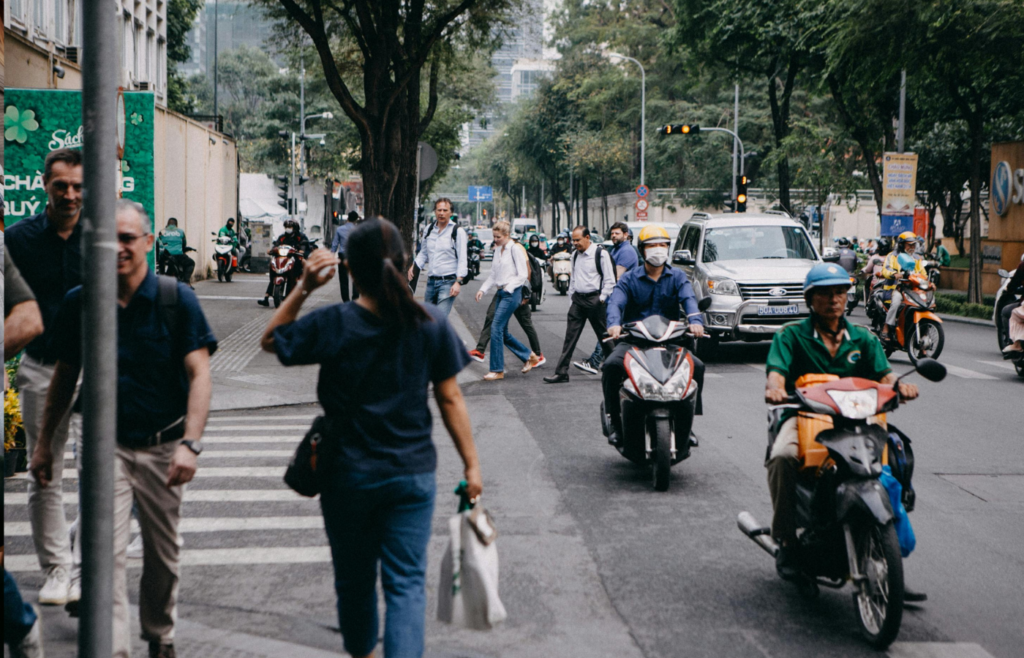
Preppers train themselves to notice exits, escape routes, and shifts in crowd energy. They pay attention to who’s around, what’s normal, and what’s not.
It’s not paranoia. It’s practiced awareness—so they’re never the last to notice when something goes sideways.
7. First Aid in the Field
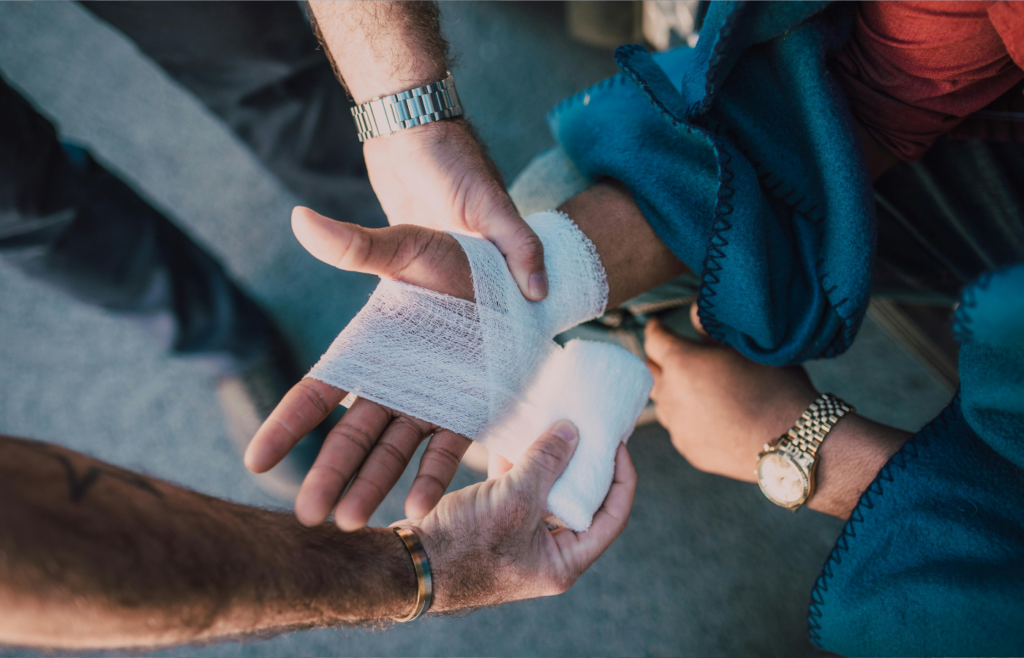
Basic first aid isn’t enough. Preppers learn how to treat wounds, stop bleeding, splint injuries, and deal with dehydration or infection when help isn’t coming.
They take real courses. They practice with their kits. They prepare to be their own medic when it matters.
8. Making Do with What’s Around
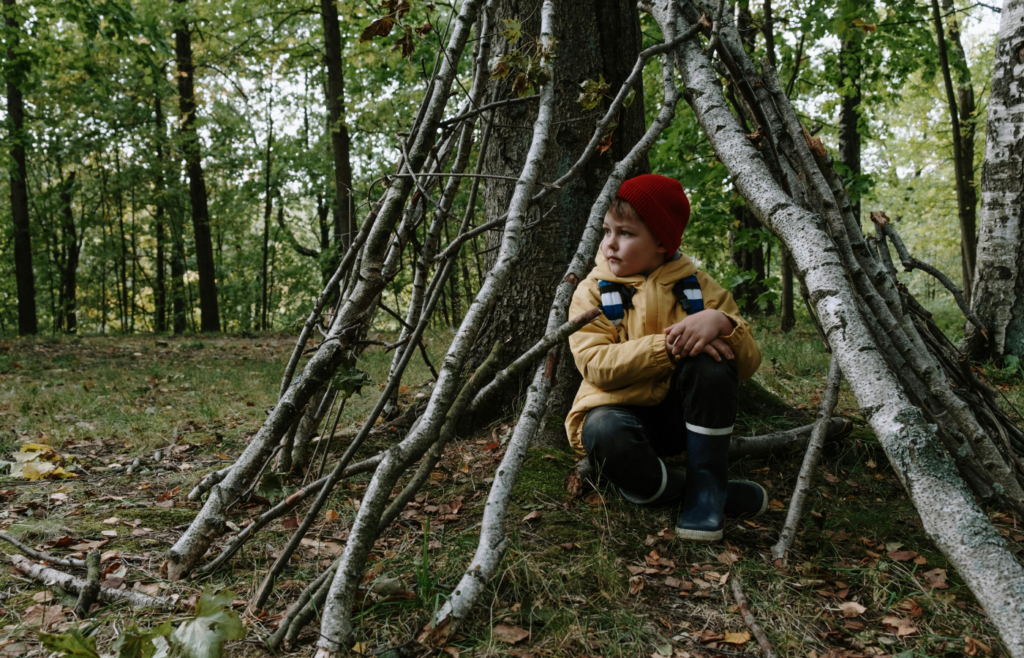
Improvisation is survival gold. Preppers train to use what’s available—turning tarps into tents, belts into slings, or trash bags into ponchos.
They practice problem-solving with limited resources. Because when gear runs out, resourcefulness takes over.
Read More: Top 10 Tricks to Stay Safe Without Cell Service or Internet
9. Testing and Repairing Their Gear
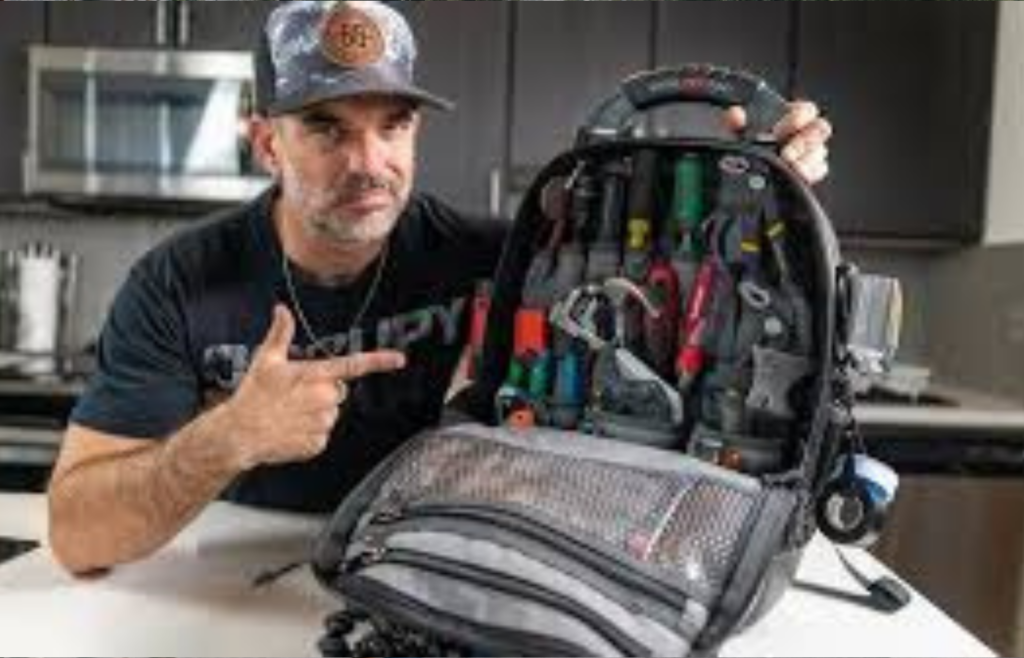
Preppers don’t wait for disaster to discover a broken flashlight or leaky water bag. They test their gear often, fix what breaks, and know what’s in every bag and box.
They’ve used their knives, packed and repacked their bug-out bags, and actually practiced with that multitool.
Read More: Top 10 Ways to Stay Calm When Everything Goes Wrong
10. Running Realistic Emergency Drills
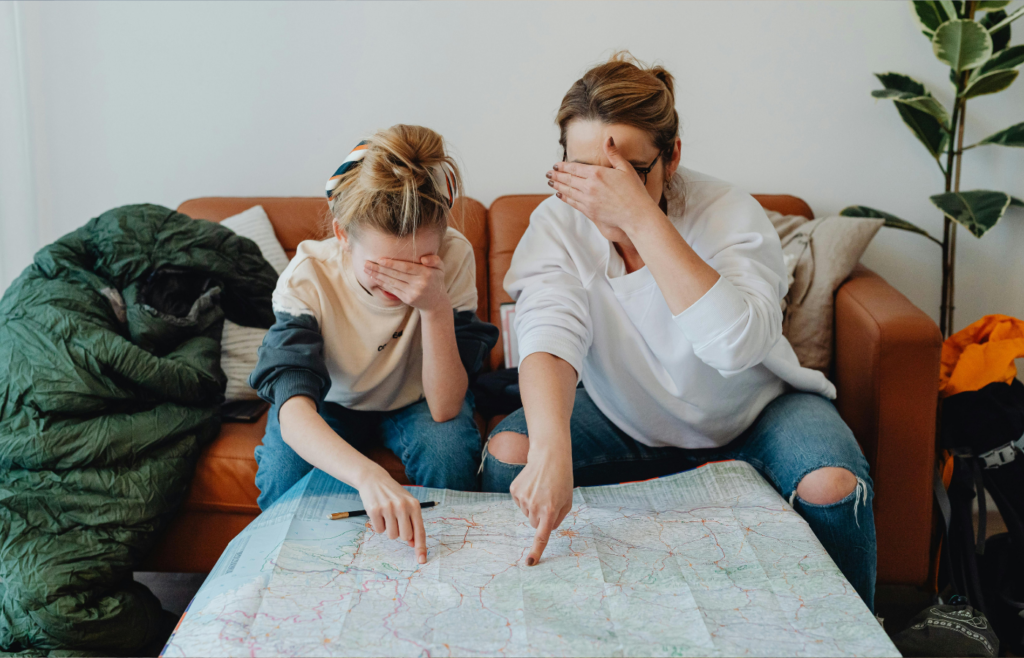
Fire drill? Sure. But preppers go further. They practice evacuating with only their go-bag. They do 24-hour blackout simulations. They rehearse communication plans.
They make their plans real—so in an actual emergency, it’s not chaos. It’s muscle memory.
Most people hope things won’t go wrong. Preppers plan for when they do. By practicing these skills before disaster strikes, they turn fear into focus—and chaos into confidence. Want to be more ready? Start training like one of them.
Read More: Top 15 Skills You’ll Be Glad You Learned Before the Power Went Out

